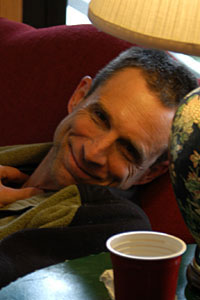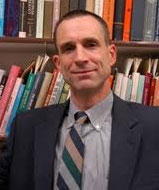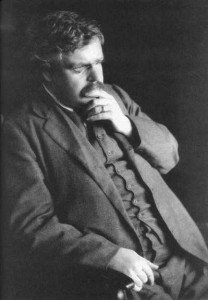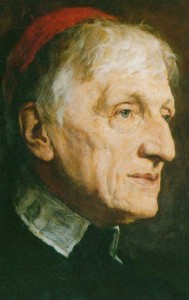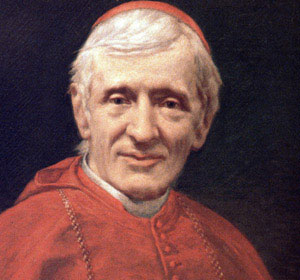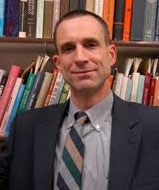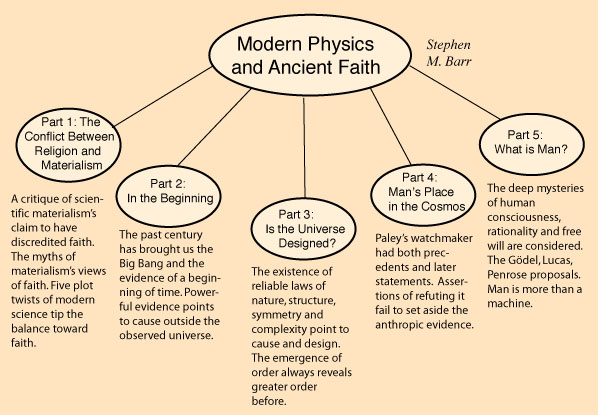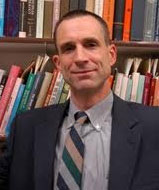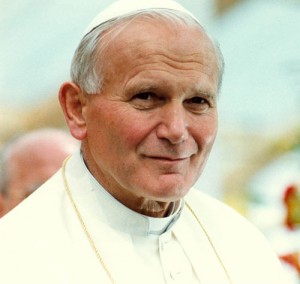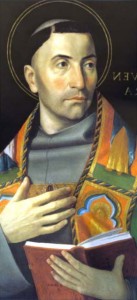Podcast: Play in new window | Download (Duration: 28:38 — 19.7MB) | Embed
Subscribe: Apple Podcasts | Spotify | Amazon Music | Android | Pandora | iHeartRadio | JioSaavn | Podchaser | Gaana | Podcast Index | Email | TuneIn | Deezer | Anghami | RSS | More
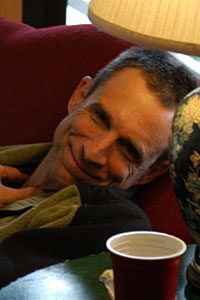
Episode 1 – What is Christian Apologetics? Who was St. Thomas Aquinas, his life, his times, and his contribution. What is “theology”? What is the “Summa”?
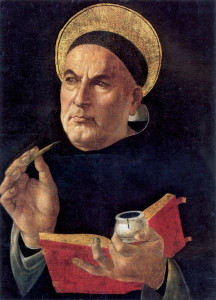
Question 1. article 1 The nature and extent of sacred doctrine
Whether, besides philosophy, any further doctrine is required?
Objection 1: It seems that, besides philosophical science, we have no need of any further knowledge. For man should not seek to know what is above reason: “Seek not the things that are too high for thee” (Ecclus. 3:22). But whatever is not above reason is fully treated of in philosophical science. Therefore any other knowledge besides philosophical science is superfluous.
Objection 2: Further, knowledge can be concerned only with being, for nothing can be known, save what is true; and all that is, is true. But everything that is, is treated of in philosophical science—even God Himself; so that there is a part of philosophy called theology, or the divine science, as Aristotle has proved (Metaph. vi). Therefore, besides philosophical science, there is no need of any further knowledge.
On the contrary, It is written (2 Tim. 3:16): “All Scripture, inspired of God is profitable to teach, to reprove, to correct, to instruct in justice.” Now Scripture, inspired of God, is no part of philosophical science, which has been built up by human reason. Therefore it is useful that besides philosophical science, there should be other knowledge, i.e. inspired of God.
I answer that, It was necessary for man’s salvation that there should be a knowledge revealed by God besides philosophical science built up by human reason. Firstly, indeed, because man is directed to God, as to an end that surpasses the grasp of his reason: “The eye hath not seen, O God, besides Thee, what things Thou hast prepared for them that wait for Thee” (Is. 66:4). But the end must first be known by men who are to direct their thoughts and actions to the end. Hence it was necessary for the salvation of man that certain truths which exceed human reason should be made known to him by divine revelation. Even as regards those truths about God which human reason could have discovered, it was necessary that man should be taught by a divine revelation; because the truth about God such as reason could discover, would only be known by a few, and that after a long time, and with the admixture of many errors. Whereas man’s whole salvation, which is in God, depends upon the knowledge of this truth. Therefore, in order that the salvation of men might be brought about more fitly and more surely, it was necessary that they should be taught divine truths by divine revelation. It was therefore necessary that besides philosophical science built up by reason, there should be a sacred science learned through revelation.
Reply to Objection 1: Although those things which are beyond man’s knowledge may not be sought for by man through his reason, nevertheless, once they are revealed by God, they must be accepted by faith. Hence the sacred text continues, “For many things are shown to thee above the understanding of man” (Ecclus. 3:25). And in this, the sacred science consists.
Reply to Objection 2: Sciences are differentiated according to the various means through which knowledge is obtained. For the astronomer and the physicist both may prove the same conclusion: that the earth, for instance, is round: the astronomer by means of mathematics (i.e. abstracting from matter), but the physicist by means of matter itself. Hence there is no reason why those things which may be learned from philosophical science, so far as they can be known by natural reason, may not also be taught us by another science so far as they fall within revelation. Hence theology included in sacred doctrine differs in kind from that theology which is part of philosophy.
For an online version of St. Thomas Aquinas’ “Summa” click here
“Christian Apologetics with Dr. R. R. Reno” explores numerous facets of faith and reason in the life of the Church and the world. Grounded on the work of giants, such as St. Thomas Aquinas, St. Bonaventure, Blessed John Newman, soon-to-be Blessed John Paul II, G. K. Chesterton, Blaise Paschal and Stephen Barr, Dr. Reno helps us to open our minds to make the journey to our hearts.
R. R. Reno is the editor at First Things: A Journal of Religion, Culture, and Public Life, and Professor of Theology, currently on leave from Creighton University. His theological work has been published in many academic journals. Essays and opinion pieces on religion, public life, contemporary culture, and current events have appeared in Commentary, and the Washington Post. In Fighting the Noonday Devil Reno suggests that putting ourselves at the disposal of what is real is what trains us for true piety. His other recent books include Genesis: Brazos Theological Commentary on the Bible and Sanctified Vision: An Introduction to Early Christian Interpretation of the Bible.

